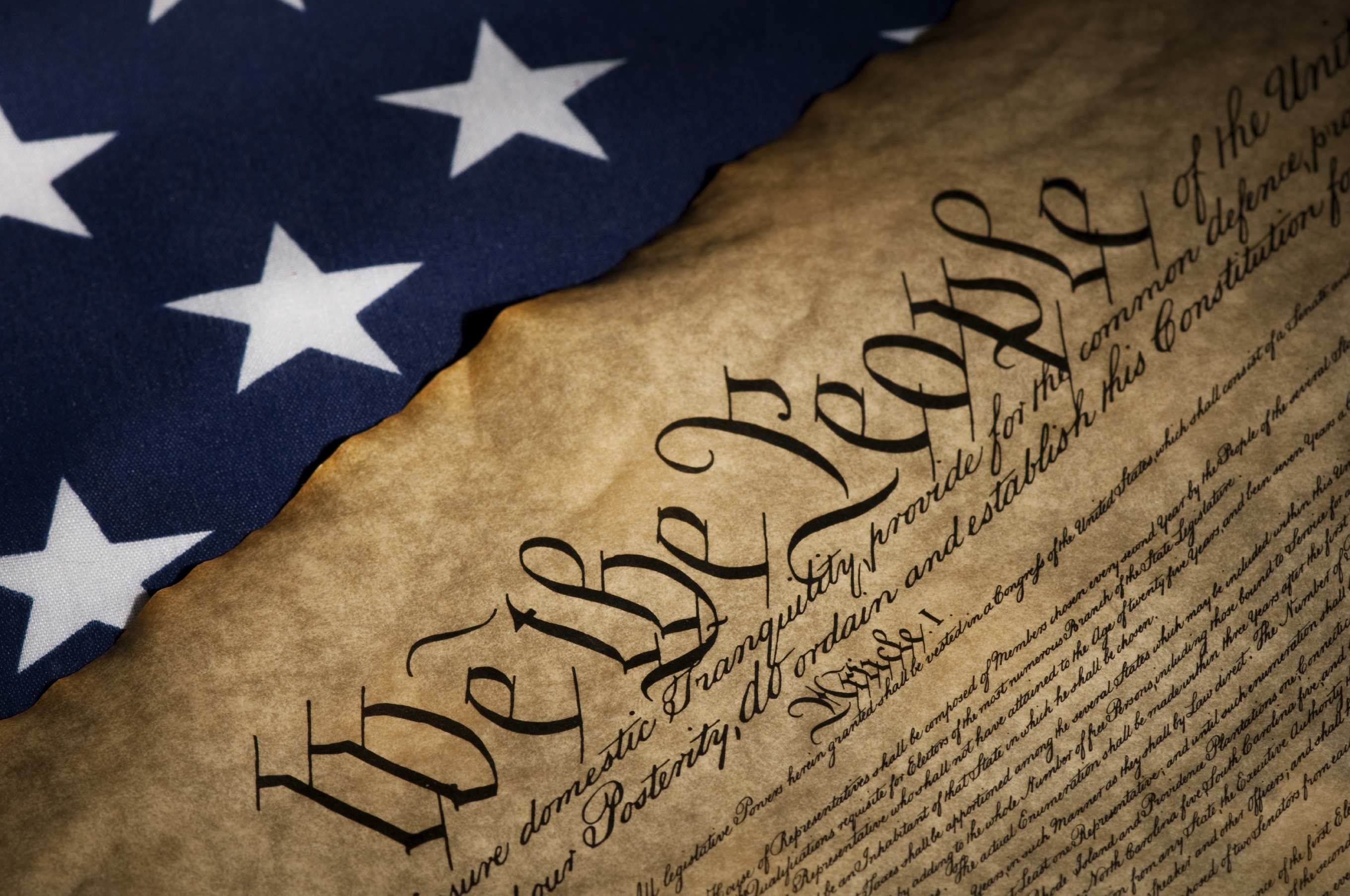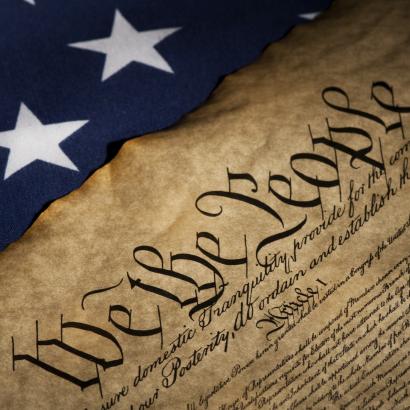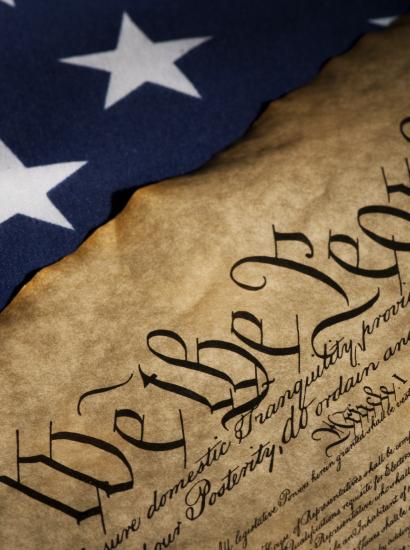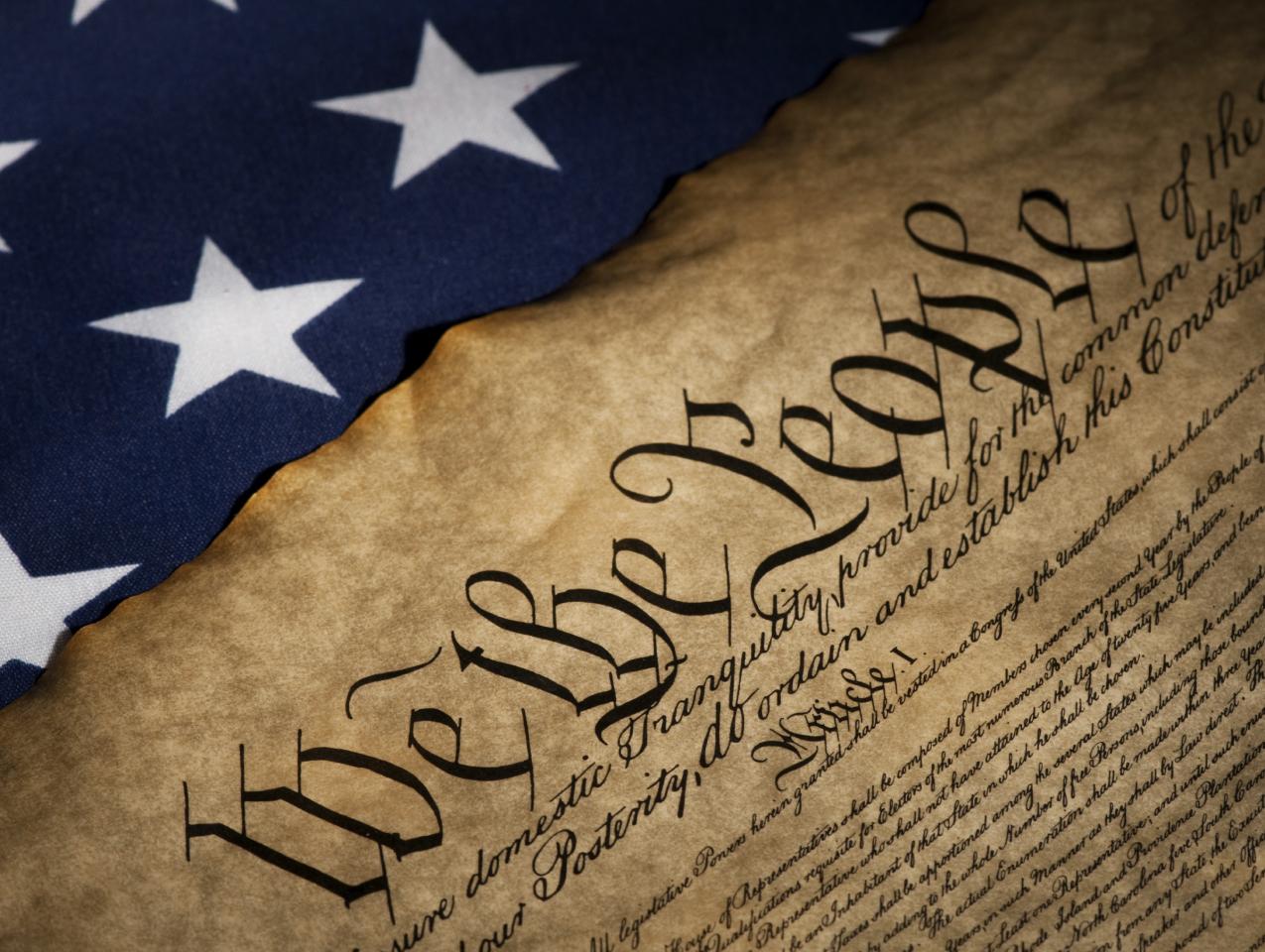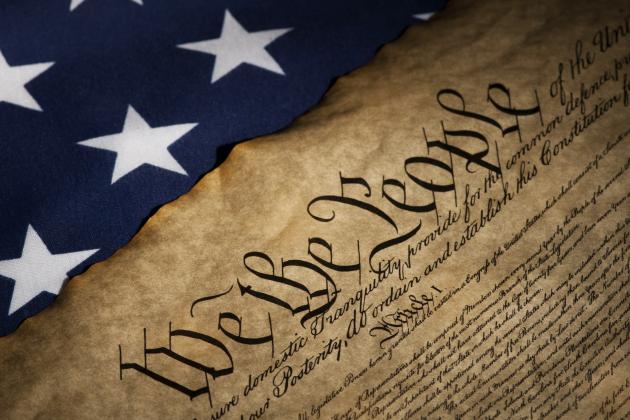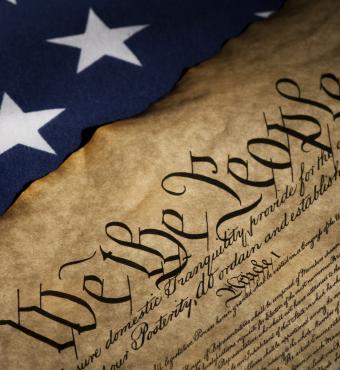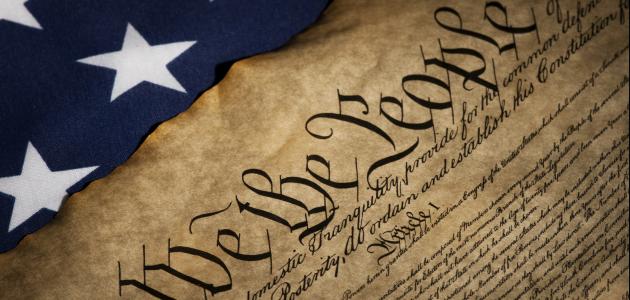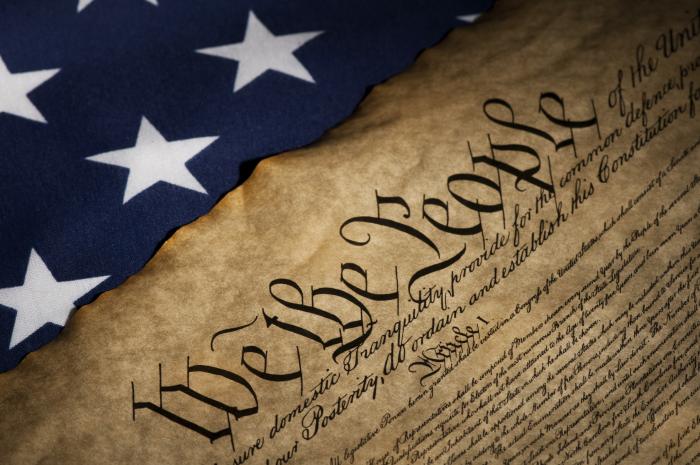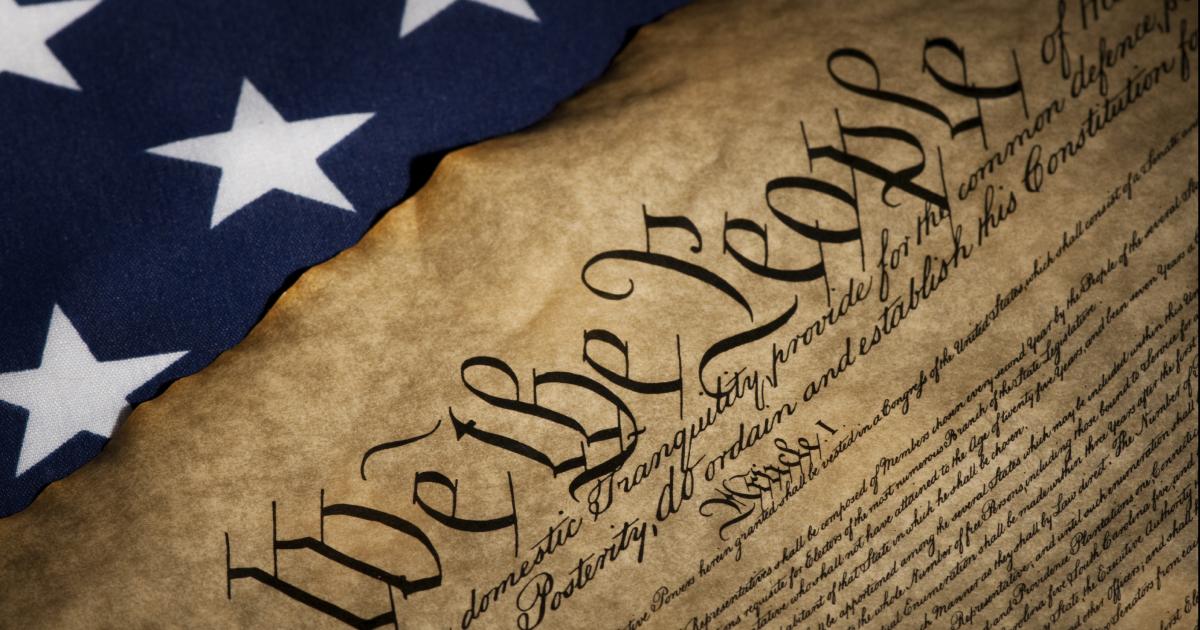- Politics, Institutions, and Public Opinion
The presidential election is over. Most think that’s the good news.
The bad news came earlier for most voters when the candidates were chosen. A large majority shares the opinion that the system failed to offer candidates whom voters admired. In a country as large and dynamic as ours, how could we end up with such a poor choice? That question was probably asked more than any other in the last few months.
It’s an important question, but a more pressing issue is what the 2016 campaign tells us about the problems of our democracy.
A recent report in the Wall Street Journal quoted a reader’s comment: The choice was between “A vulgar, boorish lout, and disrespecter of women, with a serious impulse control problem, or a scheming, robotic liar with a lifelong appetite for power and an entourage riddled with anti-Catholic bigots.”
To understand what this election revealed about our democracy, let’s start by considering two huge flaws in our system. To make informed decisions when choosing a President, Senator, Congressman, Governor—and all the other elected officials—voters must have accurate information about the character, attitudes, deportment, and core beliefs of the candidate as well as what he or she proposes to do when in office.
The three principal sources of information are the media, school or education, and friends and family. Family and friends get us to lean in a particular direction—liberal or conservative—so they influence how we begin to choose. They help us to decide whether a candidate is inclined “to help people like me.”
Education or schooling contributes by reinforcing or modifying what we learn at home. Many years ago, American schools began the day by reading from the Bible and having everyone salute the flag. Back in the 1930s, when I was in grade school in Boston, we learned what a great country we had. The Great Depression had ushered in double-digit unemployment rates and racism was still a visible problem, but teachers talked about the strengths more than the flaws, although we did not ignore the flaws. Such an education probably was a major reason why the Greatest Generation fought and won the Second World War.
Today’s students, though, learn more about our flaws and mistakes than about our successes. On October 24, Bloomberg reported that “Americans born in the 1980s are less convinced that democracy is ‘essential’ than older generations.” Democracy is a human institution; so it is not perfect. But young Americans, who are woefully uneducated in civics, further reveal their ignorance by thinking that the flaws are so great that they overwhelm the system’s ability to improve.
And many of the young also revealed their ignorance when they demonstrated for Bernie Sanders and voted for him in the Democrat primaries. Sanders calls himself a democratic socialist. Better knowledge of history would make young voters aware that democratic socialism has failed everywhere it has been tried. Recent examples include Argentina and Venezuela, both of which suffered slow growth, high inflation, and loss of personal freedoms. Great Britain was an earlier example. The British voted for socialism in 1945. The government nationalized most large industry. Growth lagged behind that of capitalist countries in Europe and the United States. High inflation and low productivity were repeated problems. In 1979, the voters elected Margaret Thatcher as Prime Minister. She sold the state industries and ended socialism. Growth rose, and Britain regained its place as a leader in the world economy.
When the Labour Party returned to power, they did not reverse the Thatcher government’s privatization of industry. Labour accepted that the market system provided better results than socialism. But they chose redistribution instead of socialism. No examples of successful socialism, whether democratic or authoritarian, exist. Sweden and Denmark are often cited, but they did not socialize most production. They are examples of successful welfare systems in countries with relatively homogeneous populations.
Surveys show that a large percentage of current young voters know very little about the people who govern or what they do. In contrast, they have much more information about their favorite football or basketball team and about popular bands. A frequent explanation justifies this lack of knowledge about government as a consequence of the inability of any single voter to influence outcomes in a country of more than 300 million people.
I reject this explanation. Citizens and voters in a democracy have a duty to participate in choosing leaders and accepting responsibility for the laws that govern them. Sovereignty is vested in the public. We choose the officials who make the decisions under which we live. If the large size of the electorate reduces that obligation, more decisions should be made at the local level. The Tenth Amendment to the Constitution recognizes the benefits of federalism. More state and local decisions would better reflect the heterogeneity of the American electorate.
That’s not to say that the federal government should not play a role in our governance. Decisions about peace and war, telecommunications, and the monetary system should be made at the federal level. Most other decisions should be left to the states and local governments. In a heterogeneous nation like he United States, local governments will better reflect the beliefs and values of the citizens.
Successful democratic government requires citizens to have enough knowledge and information to guide legislatures. Popular sovereignty can only produce good outcomes if the public accepts responsibility. Our poor choice of candidates in 2016 shows what happens when the voters are uninformed and misinformed.
Misinformed and uninformed voters are one part of the problem of choosing leaders in our modern democracy. Media bias is another. Newspapers, magazines, television, and the Internet are the principal sources of information that people use to decide for whom to vote. A few media venues try to present useful information, but most let their opinions influence their reporting.
Since 1960, presidential candidates have “debated” on television. Prominent journalists ask questions to ostensibly elicit substantive remarks from each candidate. But three debates before the 2016 election show how little information is conveyed. In the first debate, the moderator asked questions to generate disagreements. The media followed by emphasizing personal disagreements. Almost nothing about programs or policies to deal with major issues could be ascertained. In the third debate, the moderator asked questions that required thoughtful answers from the candidates. He had modest success.
But instead of reporting on their policy positions, the media bombarded viewers and readers with stories about an 11-year-old crude and disgusting conversation by one of the candidates—the one that most journalists opposed. Surely, candidate character is important, but reporting concentrated on the character of only one candidate. And it gave much less attention to the more relevant aspects of character of each candidate, such as honesty.
Successful leadership in a democracy depends on trust. The public will willingly pay taxes, serve in the army, and carry out its responsibilities as citizens more readily if it shares the leadership’s purposes.
Every society must choose which decisions are made by the individual and which are managed collectively. Voters decide such basic issues at elections. To make good choices, they need to be informed enough to correct their errors. Our election process does not allow for that, so candidates are less accountable.
Voter disaffection is a major consequence. Many voters believe their views do not matter. The political system has moved far from the popular sovereignty promised by the republic’s founders. Decisions affecting many moral and social aspects of life are now made by unelected administrators that impose their own views on others. Many voters believe an “elite” is in control whom ignore their views.
Our democracy functions best when informed citizens pick their leaders and cooperate with them to provide the public goods that a modern society requires. It is weakened and threatened when voters are uninformed, distrust their leaders, and become convinced that they have no influence on the rules that govern them. America will surmount this problem, but it will not be the same America.







